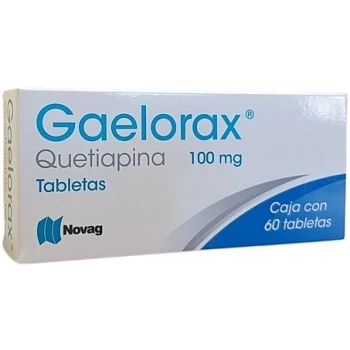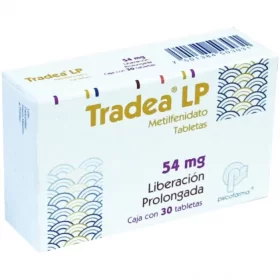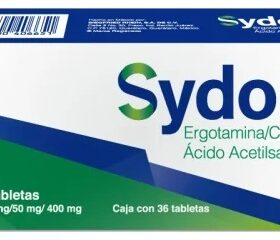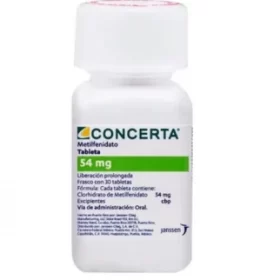GAELORAX QUETIAPINE 100MG 60TABS
$35.06
It is indicated for the treatment of: • Acute and chronic psychoses, including schizophrenia. • Bipolar Disorder, including: – Manic episodes associated with bipolar disorder. – Depressive episodes associated with bipolar disorder. – Relapse prevention in maintenance therapy of bipolar disorder (mania, depression and mixed), as monotherapy or in combination with mood stabilizers.
10 in stock
Product Description
Quetiapine is well absorbed and extensively metabolized after oral administration. The bioavailability of quetiapine is not significantly affected by administration of food. Quetiapine is approximately 83% bound to plasma proteins. Steady-state peak molar concentrations of the active metabolite norquetiapine are 35% of those observed with quetiapine. The elimination half-lives of quetiapine and norquetiapine are approximately 7 and 12 hours, respectively. The pharmacokinetics of quetiapine and norquetiapine are linear over the approved dose range. The pharmacokinetics of quetiapine are not different between men and women. The average clearance of quetiapine in the elderly is approximately 30% to 50% less than that observed in adults 18 to 65 years of age. The mean plasma clearance of quetiapine was decreased by approximately 25% in subjects with severe renal impairment (creatinine clearance less than 30 mL/min/1.73 m2), but individual clearance values are within normal limits. The average molar dose excreted in the urine of the free fraction of quetiapine and norquetiapine, the active metabolite in human plasma, is less than 5%. Quetiapine is metabolized, for the most part, in the liver. Parent compound accounts for less than 5% of unchanged drug-related material in urine or feces after administration of radiolabelled quetiapine. About 73% of the radioactivity is excreted in the urine and 21% in the feces. The mean plasma clearance of quetiapine is reduced by approximately 25% in subjects with hepatic insufficiency (stable alcoholic cirrhosis). Since quetiapine is extensively metabolized by the liver, higher plasma levels are expected in the population with hepatic insufficiency, and dose adjustment may be necessary in these patients.












